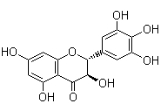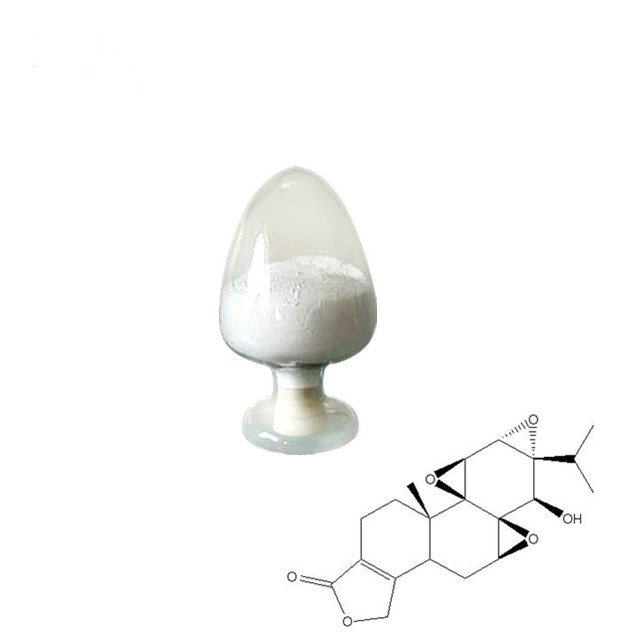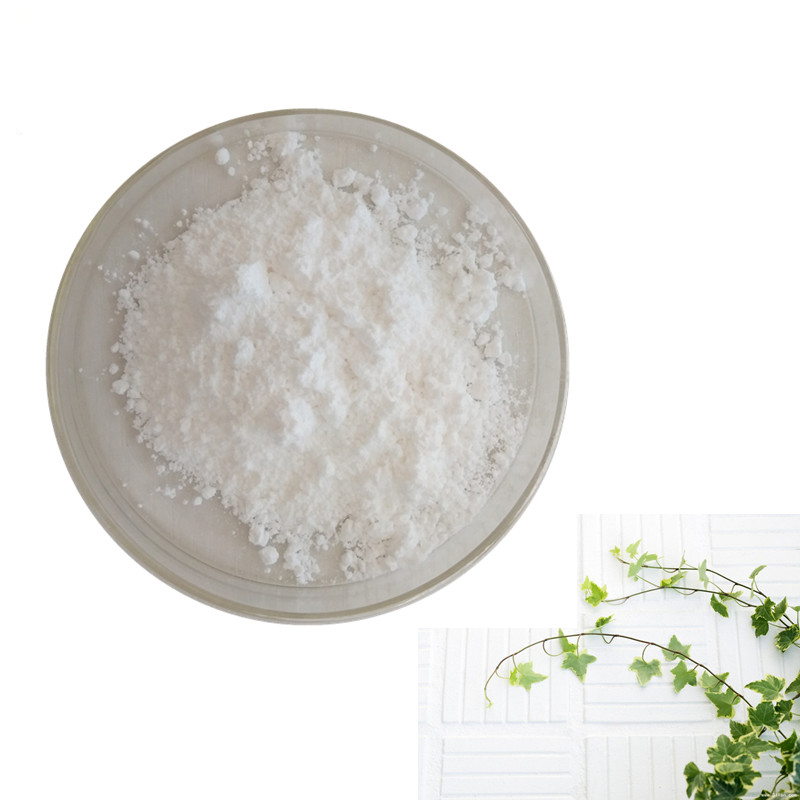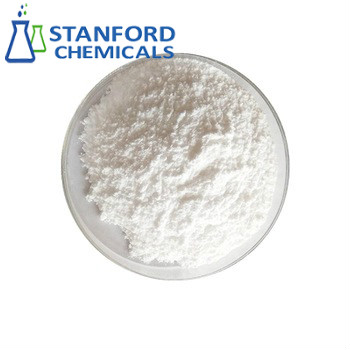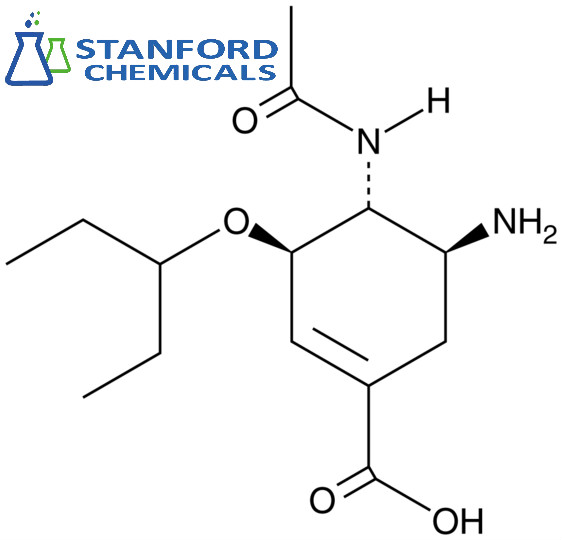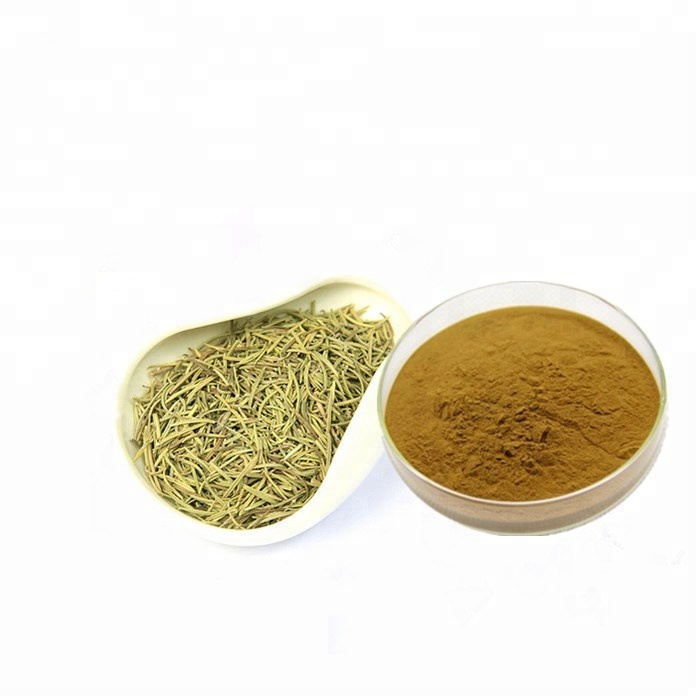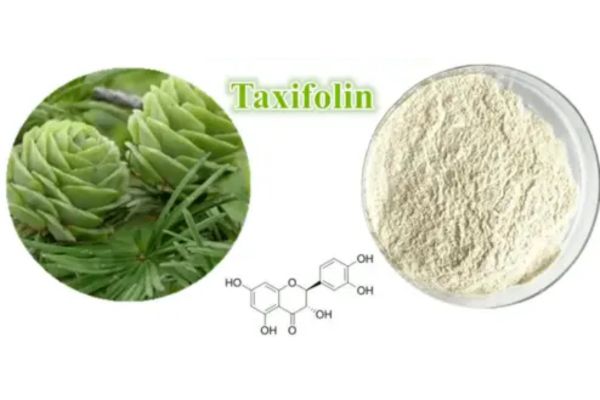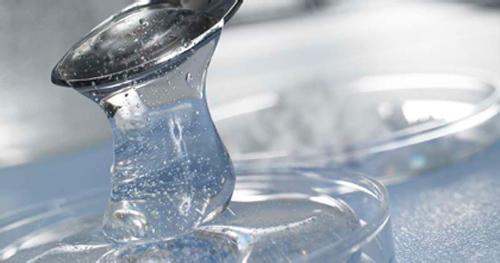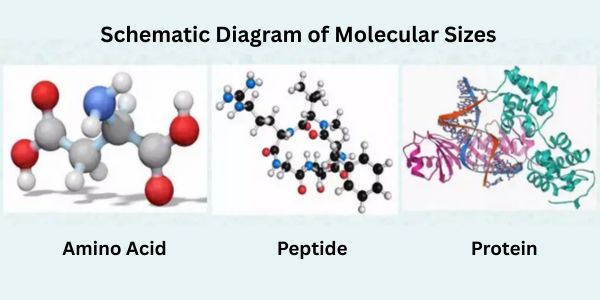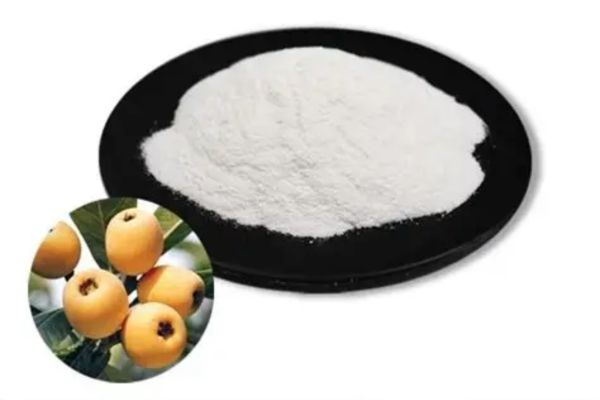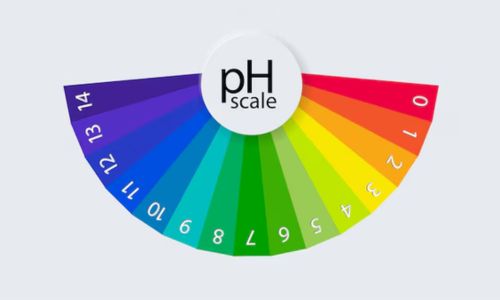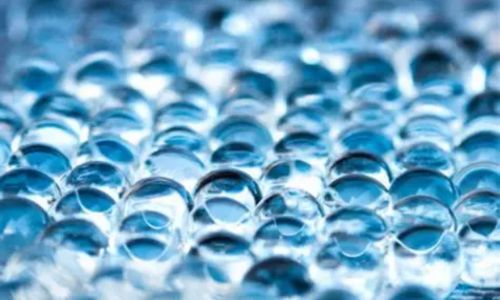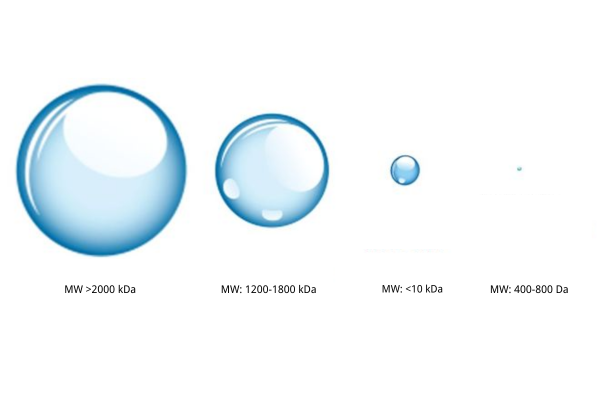What Is Coenzyme Q10
Coenzyme Q10 (CoQ10) is a vitamin-like nutrient found in the membranes of human cells and is an essential element for the body. It is distributed throughout the body, especially in the heart, liver, kidneys, and pancreas. CoQ10 can be synthesized internally or supplemented through dietary intake. 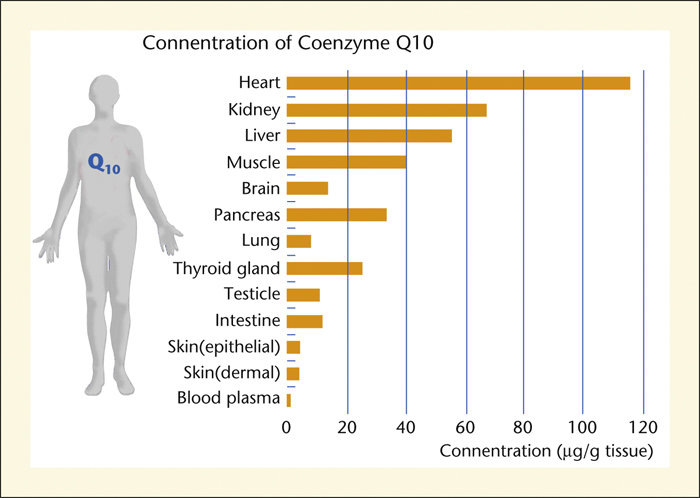
Fig 1. Concentration of coenzymeQ10 in different human tissues[1]
What Are the Functions of Coenzyme Q10
Like vitamins, coenzyme Q10 indirectly influences health through metabolism. It primarily participates in the processes of energy production and oxygen metabolism in the body. Studies show that CoQ10 levels are correlated with energy levels and cardiovascular health.
Coenzyme Q10 is directly involved in the body's energy supply process. ATP (adenosine triphosphate) is the most critical energy source for the body, and CoQ10 is an essential cofactor in its synthesis. It participates in a series of redox reactions during ATP production.
Coenzyme Q10 helps the body achieve oxidative balance. Factors such as air pollution, ultraviolet (UV) rays, stress, and unhealthy lifestyle habits (e.g., smoking, alcohol consumption, lack of exercise) inevitably produce oxygen free radicals. As a fat-soluble antioxidant, CoQ10 effectively removes free radicals generated during cellular metabolism.
Therefore, coenzyme Q10 has anti-aging effects and is a key ingredient in many anti-aging skincare products.

Fig 2. Free radical generating substances
Coenzyme Q10 Levels Decline with Age
Age-Related Changes in Coenzyme Q10 Levels
- 20-30 Years: Peak Levels
In young adulthood, CoQ10 levels are typically at their highest, effectively supporting cellular energy production and antioxidant functions.
- 30-40 Years: Initial Decline
Around age 30, the body’s natural ability to synthesize CoQ10 begins to decline, particularly in organs with high energy demands, such as the heart, liver, and kidneys.
- 50 Years and Older: Significant Reduction
By age 50 and beyond, CoQ10 levels may decrease by 25-50% compared to peak levels. This reduction can impair cellular functions, increase oxidative stress, and elevate the risk of chronic diseases. This natural physiological process impacts energy metabolism and antioxidant capacity. Mitochondrial energy production efficiency decreases, potentially leading to increased fatigue and reduced physical performance. Furthermore, susceptibility to oxidative stress increases, heightening the risk of chronic diseases (e.g., cardiovascular and neurodegenerative diseases). Accelerated cellular damage also leads to more noticeable skin aging, such as wrinkles and sagging.
Improving Coenzyme Q10 Levels Through Diet and Supplements
Coenzyme Q10 can be replenished through dietary sources. Foods rich in CoQ10 include meat, fish, and whole grains, with organ meats being particularly high in CoQ10.

Fig 3. Coenzyme Q10 Content of Foods
When dietary intake is insufficient to significantly increase CoQ10 levels, supplements can be taken. Coenzyme Q10 supplements are generally safe with minimal side effects and can be used as dietary supplements under medical guidance.
- Standard Dosage: The recommended daily dose ranges from 90 mg to 200-500 mg.
- Absorption: Being a fat-soluble compound, CoQ10 is absorbed slowly and in limited amounts. Taking it with food can triple the absorption rate.
Clinical Applications of Coenzyme Q10 Supplements
- Cardiovascular Health
The Q-SYMBIO study showed that CoQ10 supplementation reduces the incidence of major adverse cardiovascular events, cardiovascular mortality, and all-cause mortality. It also improved NYHA functional classification in heart failure patients.
- Migraine Prevention and Treatment
Studies reveal that individuals with migraines generally have lower CoQ10 levels. Compared to those who do not take CoQ10, supplementation can reduce migraine incidence by threefold. In a larger study, 1,550 patients with low coenzyme Q10 levels experienced reduced pain severity and fewer migraine episodes after treatment. As a result, CoQ10 has been recommended by the American Academy of Neurology and the American Headache Society for migraine prevention and treatment.[2]
- Skin Health
Coenzyme Q10 can reduce internal and external damage to the skin by enhancing cellular energy production and promoting antioxidant protection. Topical application of CoQ10 has been shown to reduce UV-induced oxidative damage, minimize wrinkle depth, and even lower the risk of skin cancer.
Who Should Supplement Coenzyme Q10
Based on the functions and applications of CoQ10, the following groups may consider taking CoQ10 supplements:
- Aging Individuals
- Cardiovascular Disease Patients
- Statin Users
Statins, while inhibiting cholesterol synthesis, also reduce CoQ10 synthesis, leading to lower CoQ10 levels.
- Migraine Sufferers
- Individuals Experiencing Fatigue or Engaging in High Levels of Physical Activity
- People with Skin Aging or Long-Term UV Exposure
Stanford Chemicals Company (SCC) is recognized as a reliable supplier of Coenzyme Q10, catering to a wide range of industries, including pharmaceuticals, dietary supplements, and cosmetics. Send us an inquiry if you are interested.


